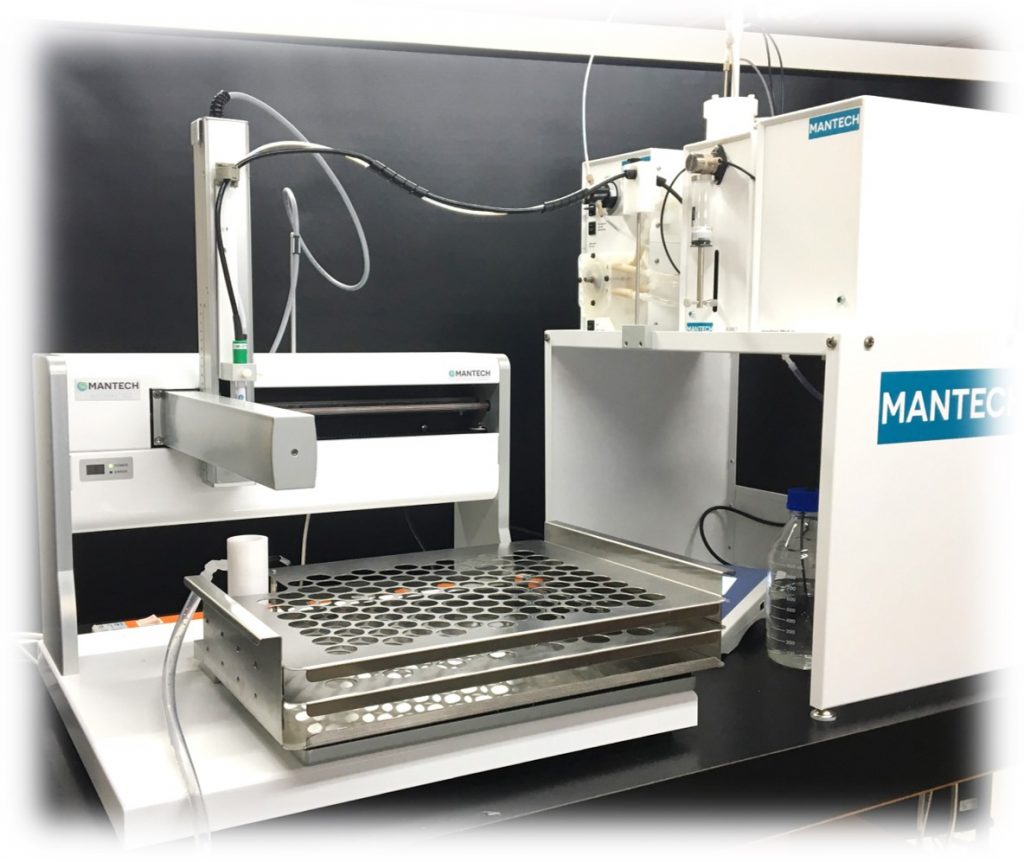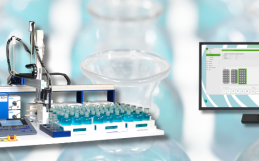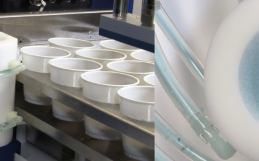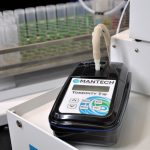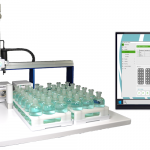Every day, it is abundantly clear that our society depends on clean water for our way of life. In times of crisis, these needs become even more important, as ensuring the protection of Public Health through our water infrastructure is a critical step to containing and preventing outbreaks. We thank our water and wastewater operators for their diligent work in providing safe, clean drinking water while protecting our beautiful environment.
When a city invests in Water and Wastewater infrastructure and improvements, it has a direct positive impact on the population’s quality of life. An excellent example of this is in Guayaquil, Ecuador, where a recent project is supporting national efforts to improve sanitation services and reduce wastewater pollution. This Article, posted by the Water Network Research group, details the challenges that Guayaquil faces, and the holistic approach they are taking to improve management of their water systems. Below is an excerpt from the article:
Home to Ecuador’s largest urban population and a major port, Guayaquil is located on the west bank of the Guayas River, which flows into the Pacific Ocean. Sewage pollution in the rivers and estuaries has plagued the city for decades, but the recent investments in wastewater collection and treatment are already producing concrete improvements in water quality and pollution reduction.
Now, Guayaquil is taking action to improve its water and wastewater infrastructure with the World Bank support, and it is quickly becoming a model for others in the region.
Based on its experience in other parts of Latin America and globally, the Bank has promoted and facilitated the incorporation of a holistic approach to wastewater management, particularly in the following areas:
- Ensuring that the project covers all the building blocks of a safe sanitation service chain, including wastewater treatment infrastructure, sewerage network rehabilitation and coverage extensions to the poor, as well as assistance in helping customers rearrange their internal plumbing and sanitation fixtures to effectively connect to the network. This builds on the existing connection methodology developed in Guayaquil using social interventions and public awareness raising on sanitation-related issues. This methodology and knowledge are actively shared with other utilities at the regional and global levels and considered best practice.
- Including the monitoring of water quality in areas upstream of the city, to support the utility in optimizing its water treatment operations, improving sanitation investment planning, as well as ultimately increasing accountability for pollution and environmental awareness.
- Developing an integrated urban water management approach for the planning of urban development in growing areas of the city which are currently less consolidated and require interventions in urban drainage and wastewater management.
MANTECH is proud to offer a wide range of Analzyers that enable public utilities and private companies to automate testing and monitoring of water/wastewater in the most efficient manner possible. MANTECH’s MT-Series Systems perform automated Titration and Multi-Parameter analysis from a single sample vessel, and run unattended to produce hundreds of trusted, accurate results per run. The PeCOD Analyzer provides a rapid, accurate measure of COD, BOD, or NOM utilizing a simple green method that can be implemented directly in treatment plants. MANTECH’s Automated BOD Systems automates the 5 or 7-day BOD test according to Standard Methods, and can be coupled with rapid BOD estimation via PeCOD to provide an optimized solution that increases lab throughput while decreasing requirements for hands-on work by laboratory technicians.
Please Contact MANTECH for more information or quotations, we look forward to hearing from you!

